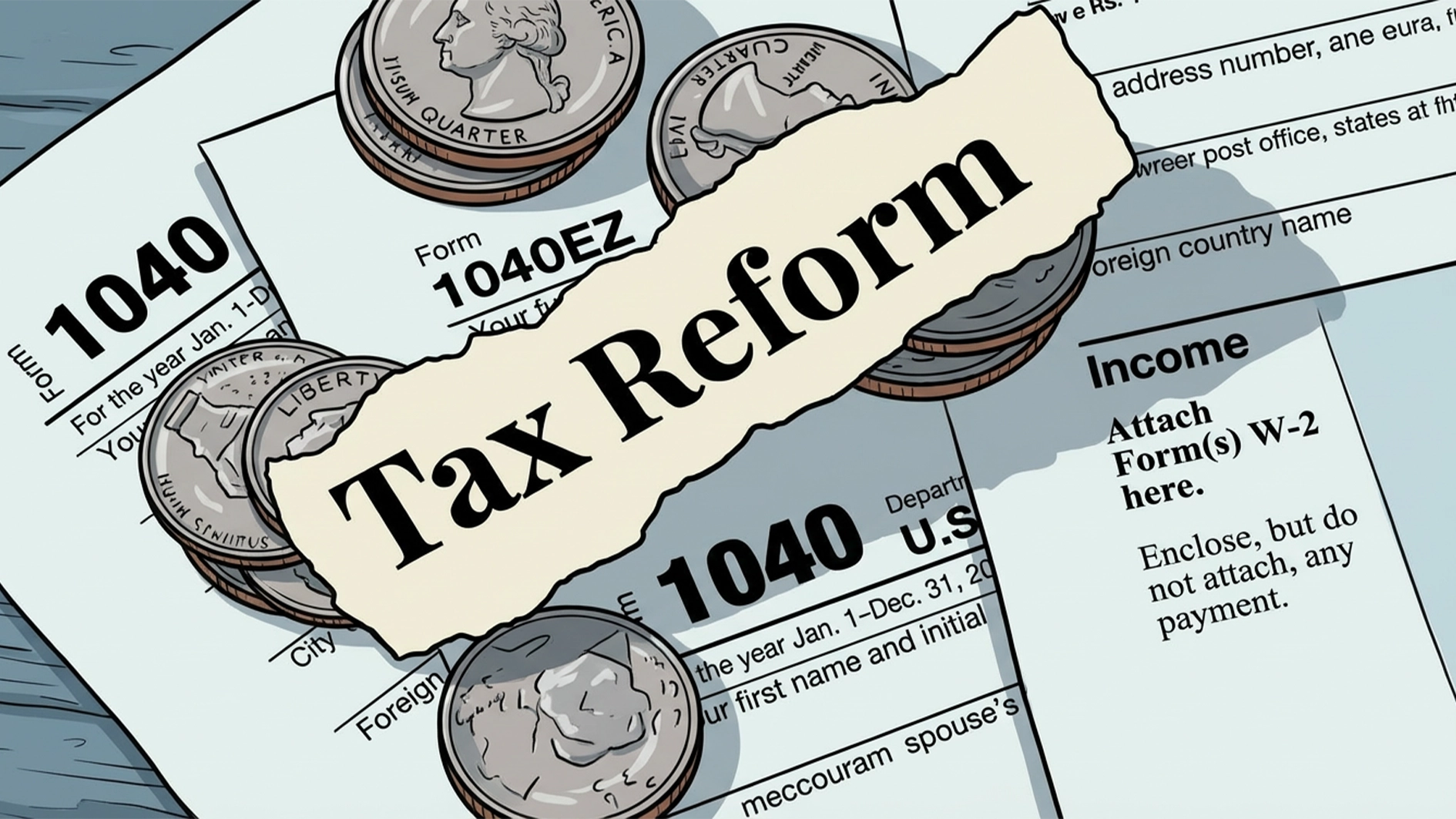The Nigerian Association of Chambers of Commerce, Industry, Mines and Agriculture (NACCIMA) and the Organised Private Sector of Nigeria (OPSN) have warned that the growing fiscal imbalance, leading to persistent fiscal deficit, unsustainable borrowing and a hostile credit environment, poses a serious threat to the Federal Government’s goal of achieving a $1 trillion economy by 2030.
The groups emphasised the need for the Federal Government to shift spending priorities from recurrent to capital projects, widen the tax net instead of raising existing rates, improve expenditure efficiency, plug leakages and accelerate the privatisation or concessioning of underperforming government assets.
The President of NACCIMA, Dele Kelvin Oye, referenced the latest Africa Pulse report by the World Bank, which projects Nigeria’s poverty rate to rise to 56 per cent by 2027, describing it as an urgent call to action. He pointed to spiralling inflation, rising youth migration and an expanded fiscal deficit as compounding factors that require pragmatic and fast-paced intervention.
Oye, who is also the Chairman of the OPSN, raised concerns on the high interest rate environment, with the commercial lending rates hovering between 30 per cent and 40 per cent.
The NACCIMA boss stated that the harsh credit climate, while targeting inflation, is killing entrepreneurship, industrial growth, agriculture and the entire productive sector.
He called for targeted intervention funding and special credit windows for MSMEs and strategic sectors at concessionary rates to unlock growth, employment and food security.
“While monetary tightening may slow inflation, root causes, such as food supply chain disruptions, energy deficits, overregulations, inconsistent policies, forex volatility and excessive fiscal injections must be concurrently addressed,” he stated.
NACCIMA and the OPSN advocated for fast-tracking strategic food importation and logistics support, ensuring farmers’ access to affordable inputs through targeted subsidies.
The groups also called for a commitment to the provision of naira crude to existing local refineries, while accelerating modular refining projects to reduce fuel import dependency.
Beyond the domestic economy, Oye emphasised the importance of Nigeria adapting to the shifting global economic and geopolitical landscape.
He noted that the dominance of the dollar is gradually diminishing due to several factors, including a reduced share of the U.S. in the global economy, the overuse of dollar-based sanctions and the rise of digital settlement systems that operate beyond traditional mechanisms like SWIFT.
Oye urged Nigerian policymakers to recognise these developments and strategically realign the country’s foreign policy to take advantage of emerging opportunities.
He advocated deeper partnerships and trade relations with rising economic blocs such as China and the BRICS nations, noting that doing so would position Nigeria as a more attractive destination for foreign direct investment.
He stressed that capitalising on these shifts would not only help diversify the Nigerian economy but also stimulate industrial growth, create much-needed jobs and reduce poverty, thereby making Nigeria a significant player in the evolving global economic order.
Oye also highlighted the exodus of skilled Nigerian youths, commonly known as the Japa phenomenon, as another alarming trend fueled by economic disenfranchisement and insecurity.
Oye called for immediate mass-scale public works, digital skills training and investment in security in vulnerable regions.He urged the government to earmark dedicated funding for youth-targeted entrepreneurship programmes and rural enterprise stimulation, especially in agriculture and light manufacturing, to make staying in Nigeria a viable and attractive option.






